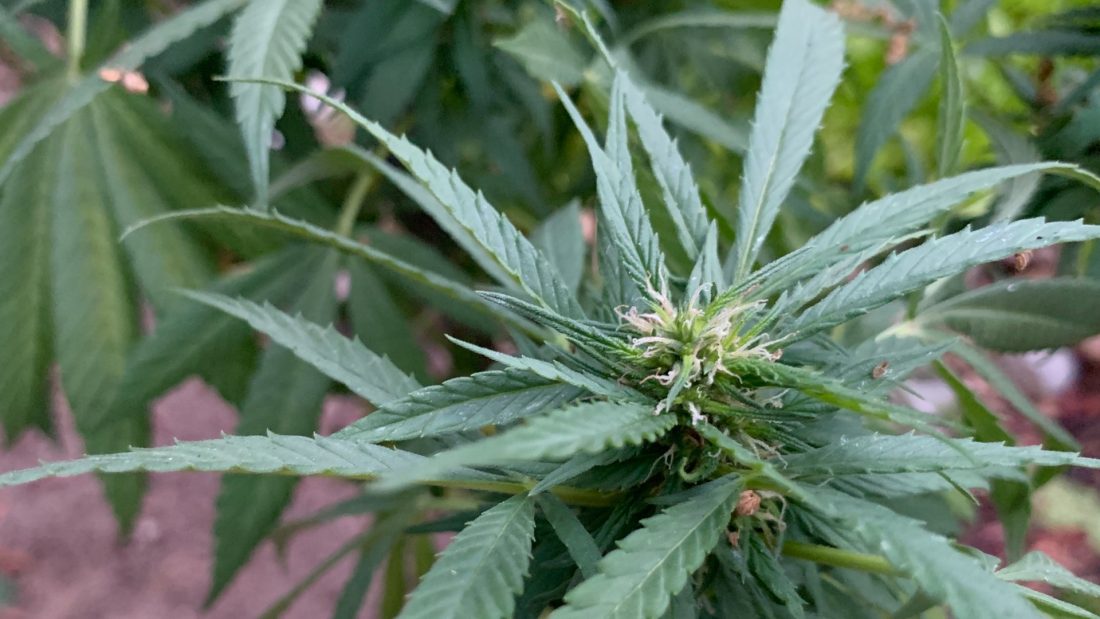The U.S. Supreme Court ruled on Wednesday against San Diego-based Medical Marijuana Inc in its bid to fend off a lawsuit by a commercial truck driver who was fired for failing a drug test after taking cannabidiol, or CBD, that he said was falsely sold as lacking the psychoactive ingredient present in marijuana.
The U.S. Supreme Court ruled on Wednesday against San Diego-based Medical Marijuana Inc in its bid to fend off a lawsuit by a commercial truck driver who was fired for failing a drug test after taking cannabidiol, or CBD, that he said was falsely sold as lacking the psychoactive ingredient present in marijuana. Read More


